Columnist Richard Fein: Ukraine, Russia and a potential ceasefire
| Published: 12-22-2024 12:49 PM |
This column is about the possibility of a cease-fire in the war between Russia and Ukraine, what the terms might be and what would motivate the antagonists to reach an agreement.
1991: Ukraine gained its independence upon the collapse of the Soviet Union.
1994: U.S., Russia and Britain issued the Budapest Memorandum. These countries “reaffirmed their commitment to respect the Independence and Sovereignty and the existing borders of Ukraine” and reaffirmed their commitment to refrain from the threat or use of force” against it.
February 2014: Despite the Budapest Memorandum guarantees, Russia invaded Ukraine when its pro-Russian president Viktor Yanukovych was ousted through popular demonstrations. Ukraine lost Crimea and two provinces, Donetsk and Luhansk. The Minsk Agreement established a cease-fire.
February 2022: In violation of the Minsk Agreement, Russia invaded Ukraine to “demilitarize and denazify” it. In fact, Russian President Vladimir Putin wanted to end Ukraine’s independence as a step toward a renewed empire like the Soviet Union or Czarist Russia.
Under the leadership of its elected President Volodymyr Zelenskyy, Ukraine has defeated Russia’s attempt for a quick and total victory. However, it has lost about 20% of its territory and is slowly retreating westward. The number of killed and wounded on both sides is uncertain but is in the hundreds of thousands. It is known that Russian casualties are significantly larger than Ukraine’s, but Russia has an advantage because its population is much larger.
A ceasefire means an end to hostilities with no further military actions by either side. Perhaps neither country would trust the other over the long haul, but ceasefires can in fact last for years. The ceasefire lines would mean that the territory Russia holds now would remain in its hands.
Russia would agree that it will make no further territorial advances in Ukraine and not attack that country again. Ukraine would have to put off requesting NATO membership for an extended period of time. In exchange, Ukraine would receive comprehensive security guarantees from Western Europe. There would be a mutual exchange of war prisoners. Ukraine’s official position would be that any attempt to restore its territorial integrity would be by diplomatic means only.
Article continues after...
Yesterday's Most Read Articles
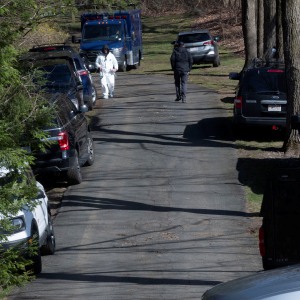 FBI conducts court-authorized investigation at Hockanum Road home in Hadley
FBI conducts court-authorized investigation at Hockanum Road home in Hadley
 Area property deed transfers, April 11
Area property deed transfers, April 11
 Amherst Town Council calls emergency meeting to consider rescinding funds for Jones Library project
Amherst Town Council calls emergency meeting to consider rescinding funds for Jones Library project
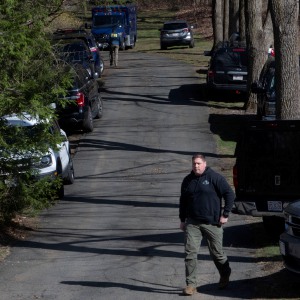 Hadley man arrested on firearms, ammunition charges after FBI searches home
Hadley man arrested on firearms, ammunition charges after FBI searches home
 Amherst launches red card campaign for immigrant rights
Amherst launches red card campaign for immigrant rights
 Northampton Police search for suspect in water pellet shooting
Northampton Police search for suspect in water pellet shooting
It won’t regain its lost territory in any event and is currently losing more ground. The destruction of infrastructure is getting worse and the civilian population is suffering terribly.
Admission to NATO in the near future is unrealistic. NATO admits new states only by unanimous votes. Ukraine probably would be blocked by Hungary, which is closely aligned with Putin. Membership in the European Union would remain a possibility.
Fifty percent of Ukrainians want to start negotiations. They are willing to cede some territory albeit a high level of distrust in Russia’s future intentions remains.
Western European countries are building up their military capabilities and Ukraine is important to Europe’s defense so its commitments might be credible.
Ukraine’s army will be the most experienced, innovative and potentially best equipped in Europe.
Donald Trump wants a ceasefire. Ukraine doesn’t want to lose American support.
Economic weakness: Russia’s ruble is weaker than it has been for two years; businesses are having trouble getting loans and trouble getting paid. Bankruptcies are increasing. Oligarchs and big business are not happy about this.
Sanctions: A ceasefire agreement is likely to ease or eliminate the economic sanctions imposed by Western countries. This is critical for Russia’s economic future. With no ceasefire, sanctions could be made stricter. The West has frozen $330 billion in assets that Russia might get back.
Military weaknesses: Russia needs to rebuild its military, which might take 10 years. With a ceasefire, Putin would have no more need to enlist criminals for the army, use North Korean troops, buy Iranian drones, and be dependent on China for machine tools and microelectronics. Russia’s ability to replace destroyed equipment or build new weapons of high quality is declining.
Putin has other things to do, such as continuing to subvert Georgia’s democratic government and independence. There are also opportunities to subvert Moldova and Romania. Russia needs to be concerned about securing its military bases in Syria. Russia is busy increasing its influence in Africa.
Trump wants a ceasefire. Putin doe not want to anger his friend in the White House. Trump could be Russia’s tool to obtain future objectives.
The general outlines of a ceasefire agreement are clear. Both sides gain more and suffer less if the fighting stops. A ceasefire now doesn’t guarantee the future, but continued fighting guarantees unsustainable destruction.
Richard Fein holds a master of arts degree in political science and an MBA in economics. He can be reached at columnist@gazettenet.com.


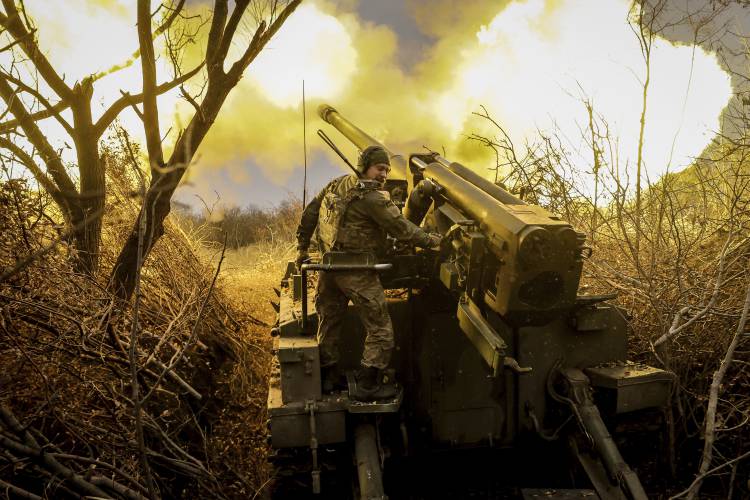





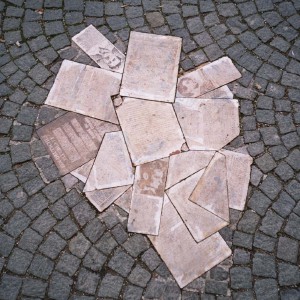 Guest columnist John Paradis: White Rose legacy transcends, inspires
Guest columnist John Paradis: White Rose legacy transcends, inspires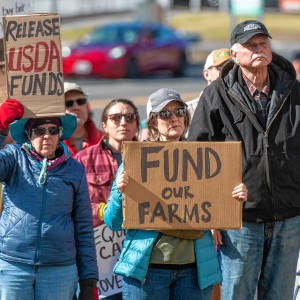 Guest columnist U.S. Sen. Edward J. Markey: Fighting for our farmers
Guest columnist U.S. Sen. Edward J. Markey: Fighting for our farmers Naomi Tannen: DEI makes America great
Naomi Tannen: DEI makes America great Karen Traub: What to do when tax dollars fund millionaire golf games instead of libraries
Karen Traub: What to do when tax dollars fund millionaire golf games instead of libraries
